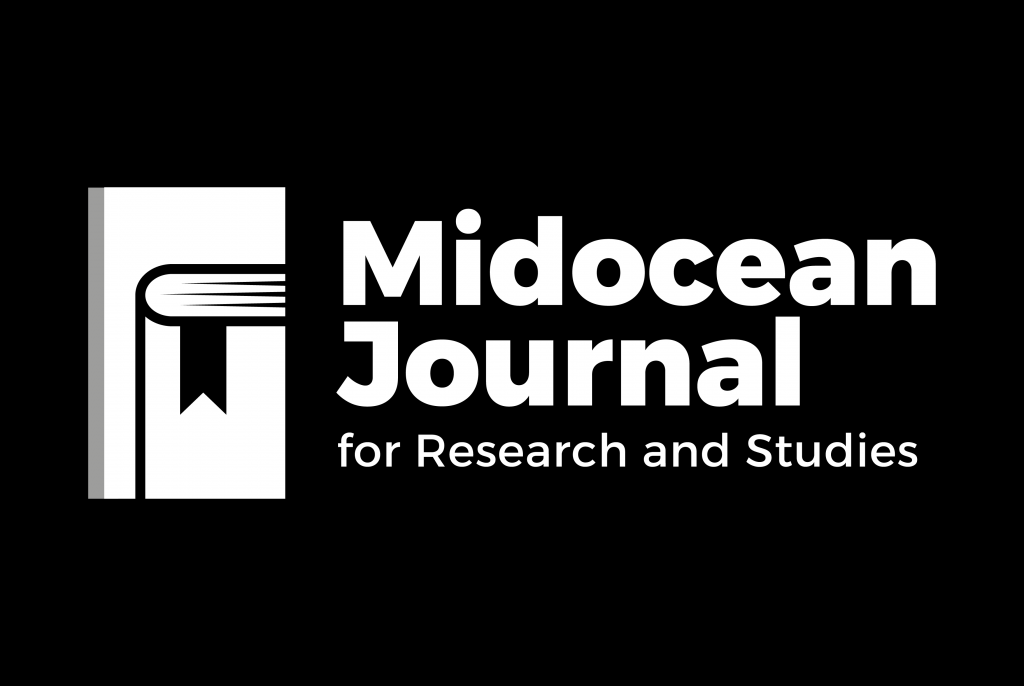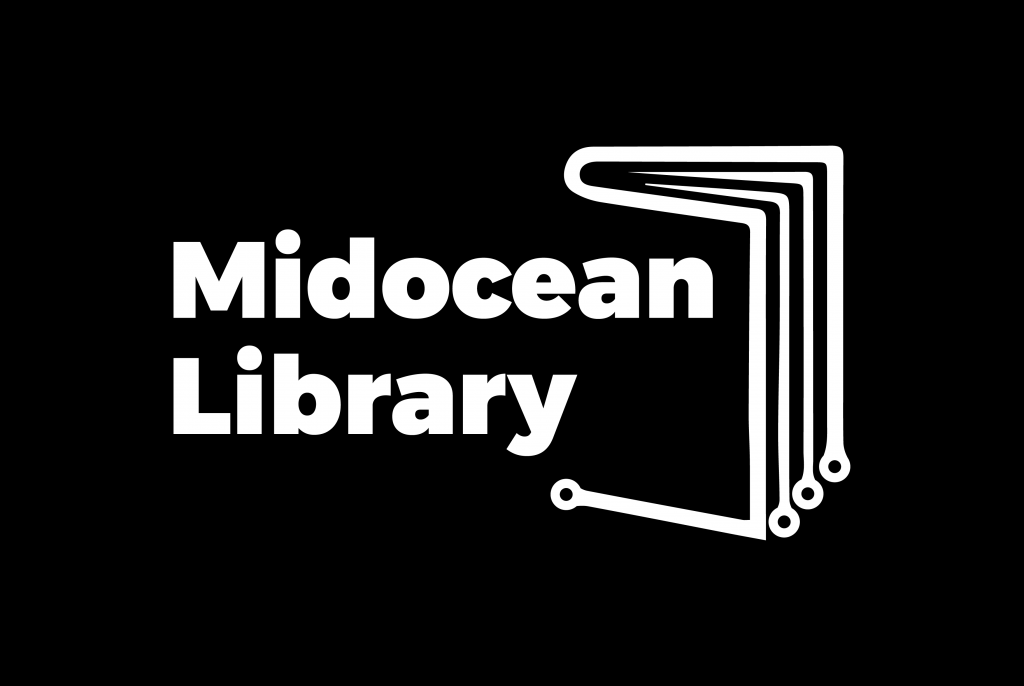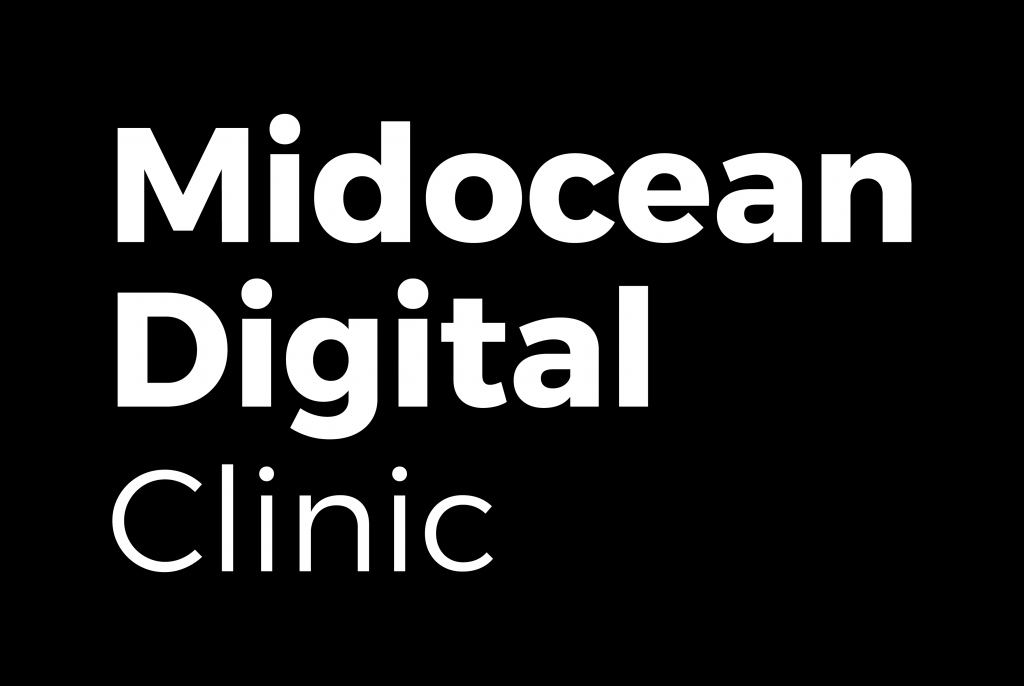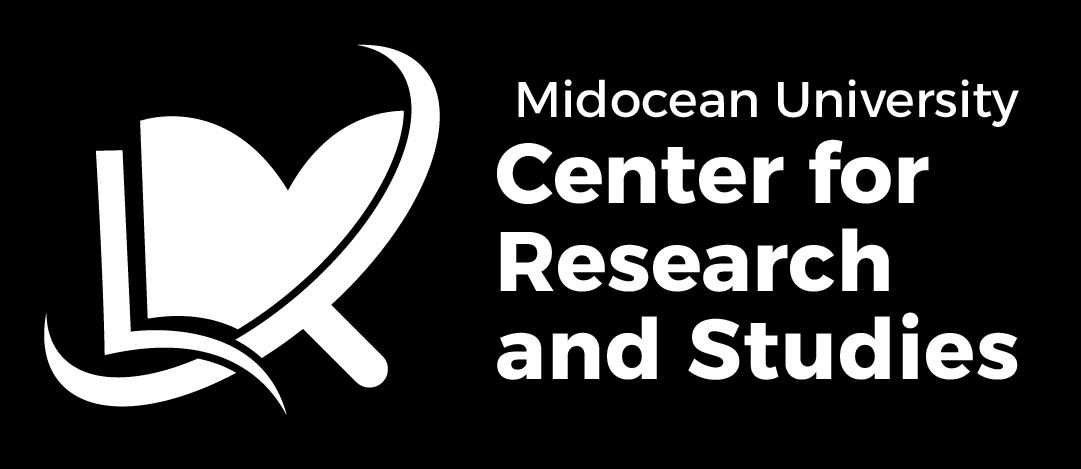PhD in Human Resources
PhD program aims to provide students with the necessary scientific skills for research and development in order to enhance creativity through the discovery of new scientific facts or the practice of critical study. The program also includes writing a research project in accordance with the standards of the PhD program presented by the university, which includes submitting a scientific thesis with a knowledge contribution related to the field of HR.
- Master the basics and methodologies of scientific research.
- Work continuously to add to knowledge in the field of HR.
- Apply the analytical and critical approach of knowledge in the field of HR and related fields.
- Integrate specialized knowledge with related knowledge, deduce and develop the interrelationships between them.
- Demonstrate deep awareness of ongoing problems and modern theories in the field of specialization.
- Identify professional problems and find innovative solutions to solve them.
- Master a wide range of professional skills in the field of specialization.
- Strive to develop modern work methods, tools and techniques.
- Use appropriate technological means that serve his scientific practice.
- Communicate effectively and lead a team work in different work contexts.
- Make decisions in light of available information.
- Utilize available resources efficiently, develop them and work to find new resources.
- Be aware of his role in community development and environmental preservation.
- Act in a manner that reflects the commitment to integrity, credibility, and the rules of scientific and practical performance.
- Commit to continuous self-development and transfer his knowledge and experience to others.
1. Knowledge and Understanding
Upon completion of the PhD program, the graduate should understand:
1- Theories, basics and modern knowledge in the field of HR and related fields.
2- The basics of scientific research, its methodologies, ethics and various tools.
3- Ethical and legal principles of professional practice in the field of specialization.
4- Principles and basics of quality in practice in the field of specialization.
5- The knowledge related to specialization, its impact on the environment and methods of environmental development.
2. Mental Skills
Upon completion of the PhD program, the graduate should be able to:
1- Analyze, evaluate, measure and derive information in the field of specialization.
2- Solve specialized problems based on available data.
3- Conduct research studies that can be added to knowledge.
4- Draft scientific papers.
5- Evaluate risks in professional practices.
6- Plan to develop performance in the field of specialization.
7- Make career decisions in different professional contexts.
8- Provide innovation/creativity.
9- Dialogue and make discussion based on evidence.
3. Professional Skills
Upon completion of the PhD program, the graduate should be able to:
1- Master basic and modern professional skills in the field of specialization.
2- Write and evaluate scientific reports.
3- Evaluate existing methods and tools in the field of specialization and develop them.
4- Use technological means that serve scientific and practical practice.
5- Plan to develop professional practice and improve the performance of others.
4. General and Mobile Skills
Upon completion of the PhD program, the graduate should be able to:
1- Communicate effectively by the communication various means.
2- Use information technology that serves the development of professional practice.
3- Teach others and evaluate their performance.
4- Engage in self-evaluation and continuous learning.
5- Use various sources to obtain information and knowledge.
6- Work in a team and lead work teams.
7- Manage scientific meetings and manage time.
The applicant must have at least a master's degree in HR to meet the minimum admission qualifications.
The following admission requirements also must be met:
- Pass the personal interview.
- Obtain a master's degree with a cumulative average of not less than 4/5.
The student must complete a total of 81 credit hours completed in 9 trimesters over three years.
The program is presented entirely in Arabic.
The program fees are $1900 per trimester.
Remote (online)
| Code | Course Title | Credit Hours |
|---|---|---|
| Trimester 1 | ||
| RSC811 | Research Issues (1) | 3 |
| RSC813 | Literary Criticism (1) | 3 |
| RSC777 | Research Skills (1) | 3 |
| Trimester 2 | ||
| RSC811 | Research Issues (2) | 3 |
| RSC813 | Literary Criticism (2) | 3 |
| RSC777 | Research Skills (2) | 3 |
| Trimester 3 | ||
| RSC811 | Research Issues (3) | 3 |
| RSC813 | Literary Criticism (3) | 3 |
| RSC777 | Research Skills (3) | 3 |
| Trimester 4 | ||
| RSC901 | Dissertation | 9 |
| Trimester 5 | ||
| RSC901 | Dissertation | 9 |
| Trimester 6 | ||
| RSC901 | Dissertation | 9 |
| Trimester 7 | ||
| RSC901 | Dissertation | 9 |
| Trimester 8 | ||
| RSC 901 | Dissertation | 9 |
| Trimester 9 | ||
| RSC901 | Dissertation | 9 |
